Related Research Articles
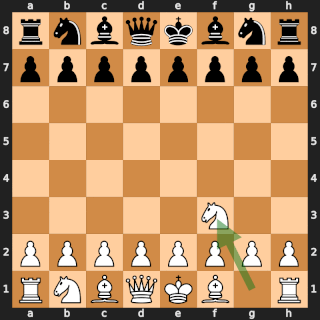
The Game of the Century is a chess game that was won by the 13-year-old future world champion Bobby Fischer against Donald Byrne in the Rosenwald Memorial Tournament at the Marshall Chess Club in New York City on October 17, 1956. In Chess Review, Hans Kmoch dubbed it "The Game of the Century" and wrote: "The following game, a stunning masterpiece of combination play performed by a boy of 13 against a formidable opponent, matches the finest on record in the history of chess prodigies."

Leonid Zakharovych Stein was a Soviet chess Grandmaster from Ukraine. He won three USSR Chess Championships in the 1960s, and was among the world's top ten players during that era.
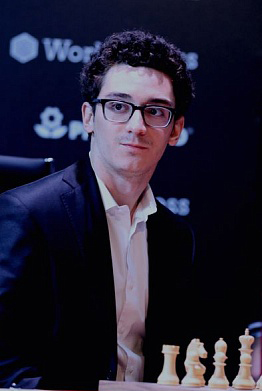
The US Chess Championship is an invitational tournament organized by the United States Chess Federation to determine the country's chess champion. It is the oldest national chess tournament. The event originated as a challenge match in 1845, but the champion has been decided by tournament play under the auspices of the USCF since 1936. The tournament has fluctuated between a round-robin tournament and a Swiss system. From 1999 to 2006, the championship was sponsored and organized by the Seattle Chess Foundation and featured a larger body of competitors, made possible by the change to a Swiss-style format. After the Foundation withdrew its sponsorship, the 2007 and 2008 events were held in Stillwater, Oklahoma, still as a Swiss system, under tournament director Frank K. Berry. The Saint Louis Chess Club has hosted the championship since 2009. Since 2014, the championship has used a round-robin format. The event is often a Zonal tournament for the United States Chess Federation, providing qualifier spots to the Chess World Cup.

Reuben C. Fine was an American chess player, psychologist, university professor, and author of many books on both chess and psychology. He was one of the strongest chess players in the world from the mid-1930s until his retirement from chess in 1951. He was granted the title of International Grandmaster by FIDE in 1950, when titles were introduced.

Samuel Herman Reshevsky was a Polish chess prodigy and later a leading American chess grandmaster. He was a contender for the World Chess Championship from the mid-1930s to the mid-1960s: he tied for third place in the 1948 World Chess Championship tournament, and tied for second in the 1953 Candidates tournament. He was an eight-time winner of the US Chess Championship, tying him with Bobby Fischer for the all-time record.
Donald Byrne was an American university professor and chess player. He held the title International Master, and competed for his country in the Chess Olympiad on several occasions.

Robert Eugene Byrne was an American chess player and chess author who held the FIDE title of Grandmaster (GM). He won the U.S. Championship in 1972, and was a World Chess Championship Candidate in 1974. Byrne represented the United States nine times in Chess Olympiads from 1952 to 1976 and won seven medals. He was the chess columnist from 1972 to 2006 for The New York Times, which ran his final column on November 12, 2006. Byrne worked as a university professor for many years, before becoming a chess professional in the early 1970s.

Larry Melvyn Evans was an American chess player, author, and journalist who received the FIDE title of Grandmaster (GM) in 1957. He won or shared the U.S. Chess Championship five times and the U.S. Open Chess Championship four times. He wrote a long-running syndicated chess column and wrote or co-wrote more than twenty books on chess.
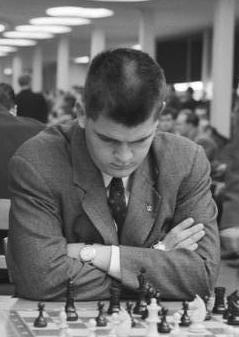
William James Joseph Lombardy was an American chess grandmaster, chess writer, teacher, and former Catholic priest. He was one of the leading American chess players during the 1950s and 1960s, and a contemporary of Bobby Fischer, whom he seconded during the World Chess Championship 1972. He won the World Junior Chess Championship in 1957, the only person to win that tournament with a perfect score. Lombardy led the U.S. Student Team to Gold in the 1960 World Student Team Championship in Leningrad.

Arthur Bernard Bisguier was an American chess player, chess promoter, and writer who held the FIDE title of Grandmaster (GM).
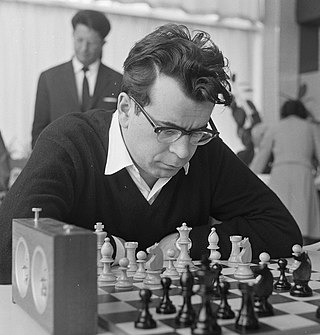
Pal Charles Benko was a Hungarian and American chess player, author, and composer of endgame studies and chess problems.

Robert James Fischer was an American chess grandmaster and the eleventh World Chess Champion. A chess prodigy, he won his first of a record eight US Championships at the age of 14. In 1964, he won with an 11–0 score, the only perfect score in the history of the tournament. Qualifying for the 1972 World Championship, Fischer swept matches with Mark Taimanov and Bent Larsen by 6–0 scores. After winning another qualifying match against Tigran Petrosian, Fischer won the title match against Boris Spassky of the USSR, in Reykjavík, Iceland. Publicized as a Cold War confrontation between the US and USSR, the match attracted more worldwide interest than any chess championship before or since.

John ("Jack") William Collins was an American chess master, author, and teacher.
Herbert Seidman was a U.S. Senior Master of chess born in New York City. He played several times in the U.S. Chess Championship. He was known for his swashbuckling-style. He defeated many notable players, including Pal Benko, Arthur Bisguier, Donald Byrne, Arnold Denker, William Lombardy, Edmar Mednis, Samuel Reshevsky, and Jan Timman.
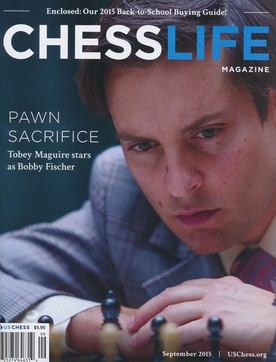
The monthly Chess Life and bi-monthly Chess Life Kids are the official magazines published by the United States Chess Federation. Chess Life is advertised as the "most widely read chess magazine in the world", and reaches more than a quarter of a million readers each month. It focuses on American chess players and tournaments, instruction, human interest, and US Chess governance matters. Chess Life Kids is geared towards those under 14. A subscription to Chess Life and Chess Life Kids is currently one benefit of becoming a US Chess member or affiliate. All members are given access to the online versions of Chess Life and Chess Life Kids. Affiliates and some membership categories also receive printed copies of Chess Life and/or Chess Life Kids.
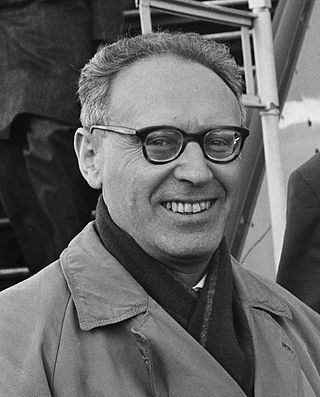
At the World Chess Championship 1963, Tigran Petrosian narrowly qualified to challenge Mikhail Botvinnik for the World Chess Championship, and then won the match to become the ninth World Chess Champion. The cycle is particularly remembered for the controversy surrounding the Candidates' Tournament at Curaçao in 1962, which resulted in FIDE changing the format of the Candidates Tournament to a series of knockout matches.
The Piatigorsky Cup was a triennial series of double round-robin grandmaster chess tournaments held in the United States in the 1960s. Sponsored by the Piatigorsky Foundation, only two events were held, in 1963 and 1966. The Piatigorsky Cups were the strongest U.S. chess tournaments since New York 1927.
The Manhattan Chess Club in Manhattan was the second-oldest chess club in the United States before it closed. The club was founded in 1877 and started with three dozen men, eventually increasing to hundreds, with women allowed as members from 1938. The club moved to several locations over the years. It closed in 2002.
Alexander Kevitz was an American chess master. Kevitz also played correspondence chess, and was a creative chess analyst and theoretician. He was a pharmacist by profession.

The Morphy number is a measure of how closely a chess player is connected to Paul Morphy (1837–1884) by way of playing chess games.
References
- ↑ Krabbe, Tim. "Raymond Weinstein in Amsterdam" . Retrieved June 7, 2007.
- ↑ Raymond Weinstein Chess Notes 5069
- ↑ Sloan, Sam. "I have found Raymond Weinstein" . Retrieved February 25, 2017.